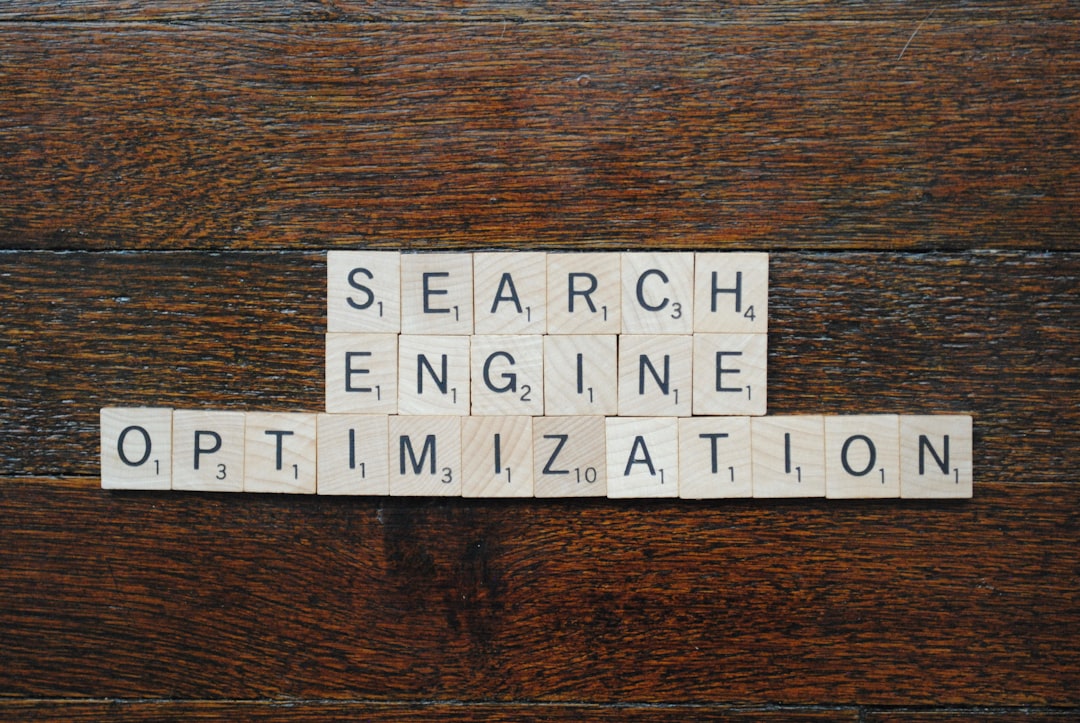
In an era defined by digital transformation and heightened customer expectations, businesses are constantly seeking innovative ways to enhance customer experiences. One of the most effective solutions emerging in recent years is the integration of Artificial Intelligence (AI) to optimize the customer journey. From analyzing data patterns to predicting customer behavior, AI technologies are being adopted across industries to create more seamless, personalized, and efficient customer experiences.
Understanding the Customer Journey
A customer journey refers to the complete experience a customer has when interacting with a brand, from initial awareness through to post-purchase support. This journey usually includes multiple touchpoints such as website visits, email interactions, customer service inquiries, and social media engagements.
Successful businesses understand that improving each step of this journey can significantly enhance customer satisfaction and retention. AI plays a critical role in achieving this by empowering companies with actionable insights and automation capabilities that traditional methods lack.
How AI Enhances Customer Journeys
1. Personalization at Scale
One of the most significant impacts AI has on the customer journey is real-time personalization. AI algorithms analyze vast amounts of data to understand customer preferences and behaviors. These insights are then used to deliver tailored content, recommendations, and offers.
- Recommendation Engines: E-commerce giants like Amazon use AI to suggest products based on past browsing and purchase behavior.
- Dynamic Content: Websites adapt their layout and content in real-time, depending on who is visiting.
- Email Campaign Optimization: AI helps marketers customize email content and send times for each individual recipient.

2. Predictive Analytics for Customer Behavior
AI’s predictive capabilities allow businesses to foresee customer needs before they are even voiced. By analyzing historical data, AI can predict future actions, such as when a customer is about to churn or which product a shopper is likely to purchase next.
For example, in the telecommunications industry, predictive models can identify users at risk of switching providers. Marketers can then proactively initiate retention strategies to keep them engaged.
3. Chatbots and Virtual Assistants
AI-powered chatbots and virtual assistants provide instant support to customers at any time of the day. These tools help eliminate frustration by offering quick answers to frequently asked questions, aiding with purchases, and even resolving issues.
Unlike traditional support channels, AI assistants can handle multiple conversations simultaneously, improving efficiency and reducing response times.
- 24/7 Availability: AI agents never sleep, offering continuous service and support.
- Cost Optimization: Reduces the need for large call center teams.
- Multilingual Support: Many AI tools offer multilingual capabilities to cater to global audiences.

4. Sentiment Analysis and Customer Feedback
AI can analyze customer reviews, social media mentions, and survey responses to gauge sentiment. This enables businesses to understand how customers feel about their products or services and respond accordingly.
For instance, if AI detects a spike in negative sentiment following a product launch, businesses can quickly investigate and resolve the underlying issues.
5. Intelligent Search and Navigation
AI enhances how users interact with websites and online platforms through smarter search functionalities. AI-driven search engines can interpret natural language queries, recognize synonyms, and even personalize search results based on past behavior.
In retail and content-heavy platforms, this means that customers can find what they’re looking for more quickly, improving their overall experience.
Industries Leveraging AI for Customer Journey Improvement
Retail
Retailers use AI to provide personalized product recommendations, predict inventory needs, and enhance customer service through virtual assistants. Loyalty programs are also becoming more intelligent, providing relevant rewards and offers.
Finance
Banks and fintech companies employ AI for fraud detection, personalized financial advice, and improved customer support. Chatbots help customers manage their accounts, pay bills, and even get investment tips.
Healthcare
AI aids in improving patient experiences, from appointment scheduling to post-treatment follow-ups. Virtual health assistants can provide information, reminders, and even mental health support.
Travel and Hospitality
AI is used for dynamic pricing, personalized travel suggestions, and customer service. Airlines and hotels use AI to offer guest preferences such as preferred seats or room views.

Benefits of AI in Customer Journeys
- Improved Customer Satisfaction: Personalized, timely interactions make customers feel valued.
- Increased Efficiency: Automation reduces manual tasks and speeds up processes.
- Better Decision-Making: Data-driven insights help refine strategies and campaigns.
- Scalability: AI systems can manage large volumes of interactions without compromising quality.
Challenges and Considerations
Despite the numerous advantages, businesses must also navigate challenges when implementing AI:
- Privacy Concerns: Collecting and analyzing customer data responsibly is crucial. Compliance with regulations like GDPR must be ensured.
- Integration Complexity: Legacy systems can resist integration with modern AI tools.
- Bias and Fairness: Algorithms trained on biased data may inadvertently marginalize specific groups.
- Dependence on Quality Data: Poor data quality can hinder AI’s effectiveness.
To address these concerns, organizations must establish clear policies for data governance, invest in high-quality datasets, and continuously monitor their AI systems for biases or inaccuracies.
Future Outlook
AI will continue to revolutionize how businesses approach the customer journey. With advances in natural language processing, emotion detection, and real-time analytics, future AI systems will offer even more personalized and human-like interactions.
As AI becomes more intuitive and accessible, small to mid-sized enterprises will also find it easier to incorporate AI into their customer strategy, leveling the playing field across industries.
FAQ
- Q: What is the customer journey?
A: The customer journey encompasses all interactions a customer has with a brand, from initial contact to post-purchase support. - Q: How can AI improve customer support?
A: AI enables 24/7 customer support through chatbots, predictive ticket routing, and sentiment analysis to provide timely and efficient responses. - Q: Is AI only beneficial for large companies?
A: No. While large companies may have more resources, cloud-based AI solutions are increasingly affordable and scalable for small and medium businesses. - Q: What data does AI use to personalize experiences?
A: AI uses data such as browsing history, past purchases, location, device type, and customer interactions to tailor experiences. - Q: Are there risks associated with using AI in customer journeys?
A: Yes. These include data privacy violations, biased decision-making, and over-reliance on automation. Proper oversight and compliance are essential.
In conclusion, businesses that strategically integrate AI into their customer journey stand to gain a significant competitive edge by offering deeply personalized, efficient, and engaging experiences. As AI technology continues to advance, the potential for enhanced customer interactions is virtually limitless.






